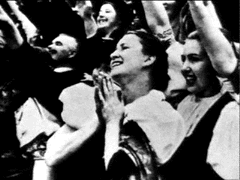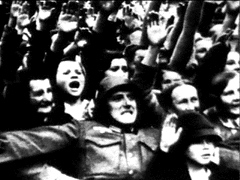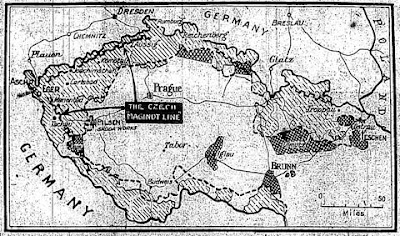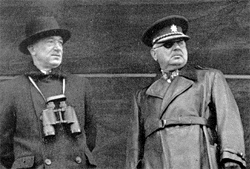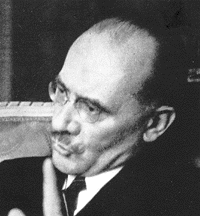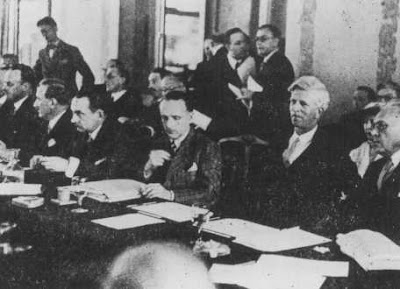
An agreement has been made by the leaders of the four powers who met in Munich on September 28th. Today, in the early hours, all four signed the agreement ceding the Sudetenland to the German nation. Also resolved are the territorial cessions to Poland and Hungary. Despite the loss to Czechoslovakia, War has been averted!
What follows is the agreement as signed by the four countries. It is still protested by the USSR's Joseph Stalin due Czechoslovakia's absence.
GERMANY, the United Kingdom, France and Italy, taking into consideration the agreement, which has been already reached in principle for the cession to Germany of the Sudeten German territory, have agreed on the following terms and conditions governing the said cession and the measures consequent thereon, and by this agreement they each hold themselves responsible for the steps necessary to secure its fulfilment:
(1) The evacuation will begin on 1st October.
(2) The United Kingdom, France and Italy agree that the evacuation of the territory shall be completed by the 10th October, without any existing installations having been destroyed, and that the Czechoslovak Government will be held responsible for carrying out the evacuation without damage to the said installations.
(3) The conditions governing the evacuation will be laid down in detail by an international commission composed of representatives of Germany, the United Kingdom, France, Italy and Czechoslovakia.
(4) The occupation by stages of the predominantly German territory by German troops will begin on 1st October. The four territories marked on the attached map will be occupied by German troops in the following order:
The territory marked No. I on the 1st and 2nd of October; the territory marked No. II on the 2nd and 3rd of October; the territory marked No. III on the 3rd, 4th and 5th of October; the territory marked No. IV on the 6th and 7th of October. The remaining territory of preponderantly German character will be ascertained by the aforesaid international commission forthwith and be occupied by German troops by the 10th of October.
(5) The international commission referred to in paragraph 3 will determine the territories in which a plebiscite is to be held. These territories will be occupied by international bodies until the plebiscite has been completed. The same commission will fix the conditions in which the plebiscite is to be held, taking as a basis the conditions of the Saar plebiscite. The commission will also fix a date, not later than the end of November, on which the plebiscite will be held.
(6) The final determination of the frontiers will be carried out by the international commission. The commission will also be entitled to recommend to the four Powers, Germany, the United Kingdom, France and Italy, in certain exceptional cases, minor modifications in the strictly ethnographical determination of the zones which are to be transferred without plebiscite.
(7) There will be a right of option into and out of the transferred territories, the option to be exercised within six months from the date of this agreement. A German-Czechoslovak commission shall determine the details of the option, consider ways of facilitating the transfer of population and settle questions of principle arising out of the said transfer.
(8) The Czechoslovak Government will within a period of four weeks from the date of this agreement release from their military and police forces any Sudeten Germans who may wish to be released, and the Czechoslovak Government will within the same period release Sudeten German prisoners who are serving terms of imprisonment for political offences.
Munich, September 29, 1938.
ADOLF HITLER,
NEVILLE CHAMBERLAIN,
EDOUARD DALADIER,
BENITO MUSSOLINI.
The agreement was signed at 1.30 this morning and the terms of the agreement were issued an hour later.
 This is also the place where his predecessor Tomáš Masaryk saught refuge. It was there that he was encouraged to create a Government-in-Exile.
This is also the place where his predecessor Tomáš Masaryk saught refuge. It was there that he was encouraged to create a Government-in-Exile.pano2.jpg)

